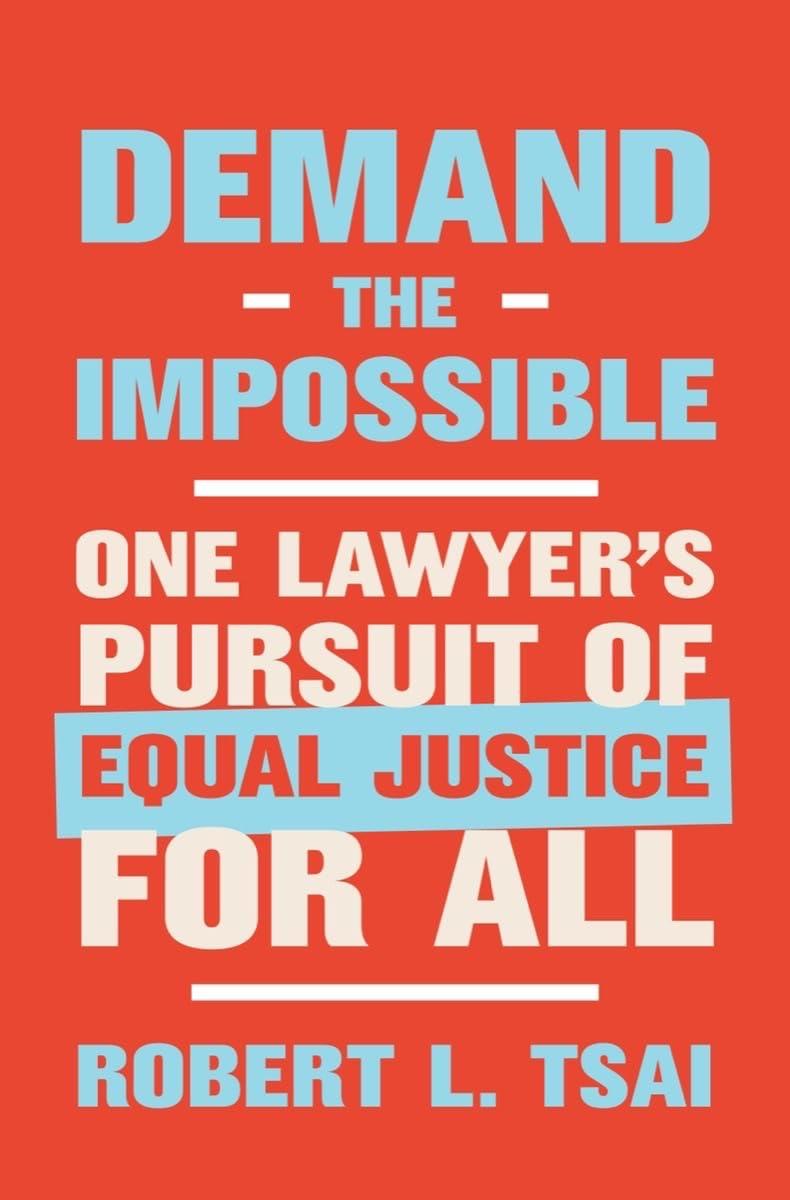On April 1, 1992, the Senate Judiciary Committee convened to decide whether Alabama Assistant Attorney General Ed Carnes should become a judge on the US Court of Appeals. For 11 of the 16 years he worked as a government lawyer, Carnes had run the state’s unit that litigated cases of capital punishment. Usually Supreme Court nominations generate the most attention. But in the case of Carnes, the stakes were high: Judges on the 11th Circuit have responsibility for the interpretation of the law in Georgia, Alabama, and Florida—former slaveholding states with a long history of unequal justice.
That day, Carnes’s own testimony fanned the flames of controversy. Under oath, Carnes vigorously denied that racism existed in the criminal justice system. Asked by Democratic Senator Howell Heflin about the large number of African Americans on death row in Alabama, he replied, “I do not believe that capital punishment is applied in a racially discriminatory manner in Alabama or in the Nation.” Instead, he attributed the lopsided proportion of minorities on death row to “economic disparity and hardship, and also the deterioration of the family unit.”
Against Carnes were assembled both traditional civil rights groups and prominent human rights leaders, including the Southern Christian Leadership Conference (SCLC), the NAACP, the NAACP Legal Defense Fund, Coretta Scott King, and Rev. Jesse Jackson. “The civil rights community is solid in their opposition to Carnes,” declared Dr. Joseph Lowery—a minister who had cofounded SCLC with Martin Luther King, Jr.—“more solid than they were in their opposition to Judge Clarence Thomas’s nomination to the U.S. Supreme Court.”
Despite intense opposition, Carnes, like Justice Thomas, was ultimately confirmed. He went on to serve nearly three decades before retiring in June 2020. Over those 28 years, he largely voted as one might expect a former prosecutor would in criminal cases. In 2012, Carnes wrote an opinion upholding the death sentence of Robert Holsey, an indigent Black man who killed a sheriff’s deputy. Holsey’s court-appointed lawyer drank a quart of vodka every night during the trial and failed to introduce evidence that Holsey struggled with an intellectual disability and had been abused by his own mother. Over sharp dissent from a colleague—that omitting this “horrific” evidence denied Holsey competent representation—Judge Carnes refused to order a new trial, saying that having a sober lawyer would not have made a difference. Holsey was executed by the state of Georgia in December 2014. Carnes continued to make it easier for people to be put to death, even when confronted with evidence of unequal justice and with the condemnation of his colleagues.
